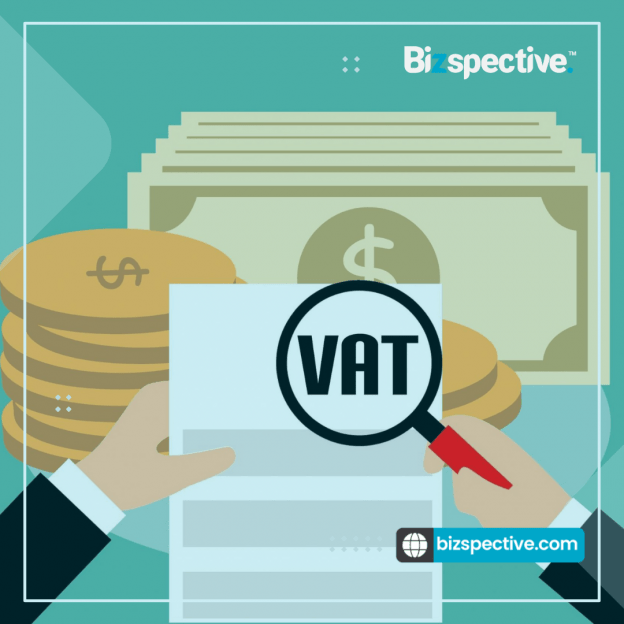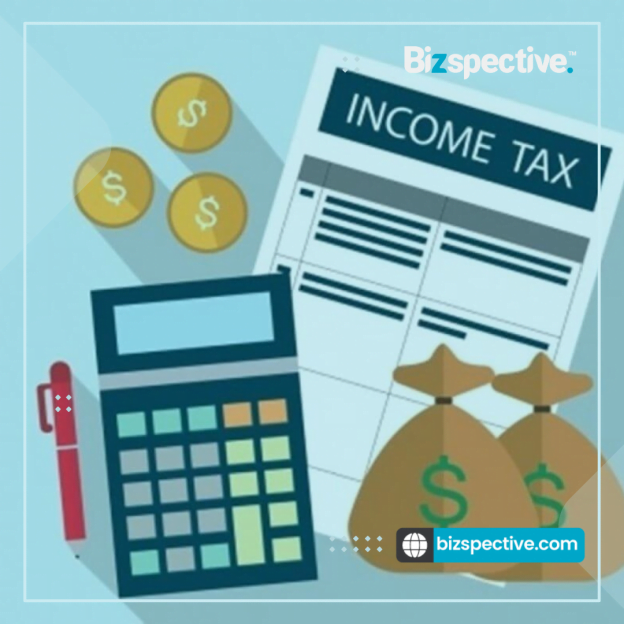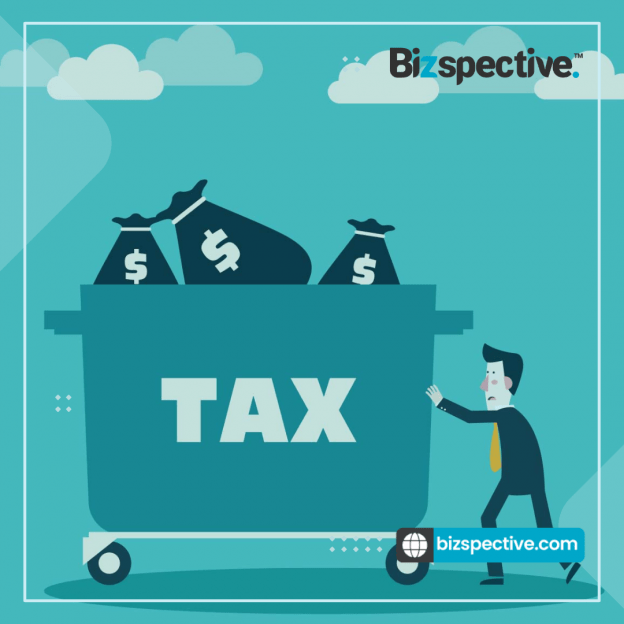Every business owner in Vietnam has to deal with taxes on a regular basis. It is therefore good to understand the corporate taxes in Vietnam and what their rates are. Knowing this may prevent you from issues with the Tax Authorities, and it could save you money as well.
Table of Contents
Introduction
For many business owners, taxation is not their favorite topic. And to be fair, almost nobody likes to pay taxes. However, pretending that they do not exist also does not help.
If you have to deal with taxes in Vietnam anyway, then you may as well try to understand them and see how you can make them work in your favor. This applies to business owners anywhere in the World, and also to the owners of businesses in Vietnam.
In this guide, we will cover the most common corporate taxes in Vietnam. What they are, when they apply, and what their rates are.
Value added tax
This tax, which is also called “VAT”, is applicable to goods and services that are used for production, trading, and consumption in Vietnam. In other countries, you may know this tax as “goods and services tax” (GST), or “consumption tax”.
Certain goods and services are exempt from value added tax in Vietnam, such as: transfer of land use rights, specific agricultural products, teaching, and some forms of public transport.
Exported goods enjoy a 0% value added tax tariff, whereas “essential goods and services” such as water, technical services, sugar and sport products enjoy a low tariff of 5%. Most other goods and services are subject to the standard rate of value added tax in Vietnam of 10%.
Most foreign – owned companies in Vietnam apply the “deduction method” for the calculation of payable VAT. That means at the end of each month or quarter, they pay to the Vietnamese tax Authorities the difference between the VAT that they have received from third parties for their own goods and services, minus what they have paid for third party goods and services.
For this reason, it is very important that companies in Vietnam always ask for and keep tax invoices when buying goods and services. This will help with controlling your corporate taxes in Vietnam.

Corporate income tax
In short, corporate income tax or “CIT” is a tax that is levied on a company’s taxable profit. In other countries, this tax is known as “corporation tax” or “company tax”. The standard tax rate in Vietnam is 20%.
This could be higher for companies operating in the field of natural resources. And it could be lower for incentivized business areas, such as software production, infrastructure development, and renewable energy.
So corporate income tax in Vietnam applies to a company’s “taxable profit”, which means a company’s income minus all legally deductible expenses. It is prepared at the end of the financial year (which is normally the calendar year), and the return should be finalized before the end of March.
It is very useful to know what legally deductible expenses are when considering corporate taxes in Vietnam. Basically, they are all expenses that are related to the generation of revenue, and that are supported by sufficient documentation.
Some expenses that are specifically non – tax deductible include: expenses that lack tax invoices, interest on loans with too high interest rates, payments for penalties, and certain donations.
In Vietnam, company losses can be carried forward for a period of maximum of five years. If after – CIT profits are distributed to members of the company, then an additional income tax of around 5% is imposed.
Personal income tax
Whereas companies in Vietnam pay corporate income tax (CIT), individuals in Vietnam pay personal income tax or “PIT”. So perhaps this is not a corporate tax per se, but it is still relevant for many company owners and their staff. An important distinction must be made between: (i) tax residents, and (ii) tax non – residents.
Under Vietnamese Law, you belong to the first category when you reside in Vietnam for 183 or more within a tax year, or when you have a permanent residence in Vietnam (including rental house/apartment), and you are unable to prove that you are a tax resident in another country.
In such cases, you are subject to personal income tax in Vietnam for your worldwide taxable income. Some people think that personal income is only their employment salary. However, personal income in Vietnam includes much more than that, for example: dividends, rental income, profits from selling a house or apartment, etcetera. This is so – called non – employment personal income.

Each type of personal income has its own rate in Vietnam. Employment income for Vietnam tax residents, for example, is charged in steps: the first VND 11 million per month is free of tax, the next VND 5 million is taxed at 5%, and so forth until you reach the maximum of 35% over everything that you earn over VND 91 million per month.
For tax non – residents, a flat rate of 20% applies. Personal income tax in Vietnam is declared and paid either on a monthly, or on a quarterly basis, and there is also yearly tax finalization before the end of March of the new year.
Relevant to the topic is compulsory insurance, which consists of social insurance, health insurance, and unemployment insurance. This is not included in our “Corporate taxes in Vietnam” guide, however, we will write a separate guide about this.
Foreign contractor tax
A corporate tax in Vietnam that is quite a particular tax is called “foreign contractor tax” or FCT. This tax is imposed on foreign companies and individuals making money from Vietnam on the basis of a contract with a Vietnamese – based company.
It is relevant for companies that are registered in Vietnam, because in certain cases they need to withhold this FCT on behalf of the foreign contractor. It applies to royalties, interests, and insurance premiums, but it does not apply to the payment of dividends to overseas shareholders.
FCT in Vietnam is composed of value added tax and either corporate income tax or personal income tax. It is not fixed, and companies need to work closely with the Vietnamese tax Authorities to make sure it is properly administered.
Other taxes
There are various other corporate taxes in Vietnam. For example: capital assignment tax, special sales tax, property tax, import and export duties, etcetera. However, with the four taxes that are mentioned in this guide, we have covered the corporate taxes that are the most relevant to most business owners in Vietnam.
Tax administration
As in any country, it is very important that you have at least a basic understanding of the tax system. Which corporate taxes in Vietnam exist, which ones apply to you, how much are they, and when do you need to pay them (tax timeline in Vietnam).
Most business owners in Vietnam either hire an in – house accounting and taxation staff, or they work with a tax agent to take care of their tax administration. If you have a relatively small business project, then you could consider paying an external tax agent a monthly fee for taking care of this.
If, on the other hand, you have a larger scale operation, including various projects and departments: then it may be worth it to pay a bit more for somebody in – house.
In any case: we recommend you take your tax administration seriously. And do it correctly right from the start of your business project. If you do not take it seriously, then sooner or later you will get a problem with the local Tax Authorities. Better avoid it.
More information
We hope that you found this guide useful and that it has given you some insights into corporate taxation for business owners in Vietnam.
If you would like to speak to a tax expert, you can book a consultation directly with Ms Tammy.
If you have any questions in general don’t hesitate to contact our team.
If you are looking to set up a business and you would like a customized report, have a quick 1 minute chat with our Bot and it will send you a full report within 24 hours.

